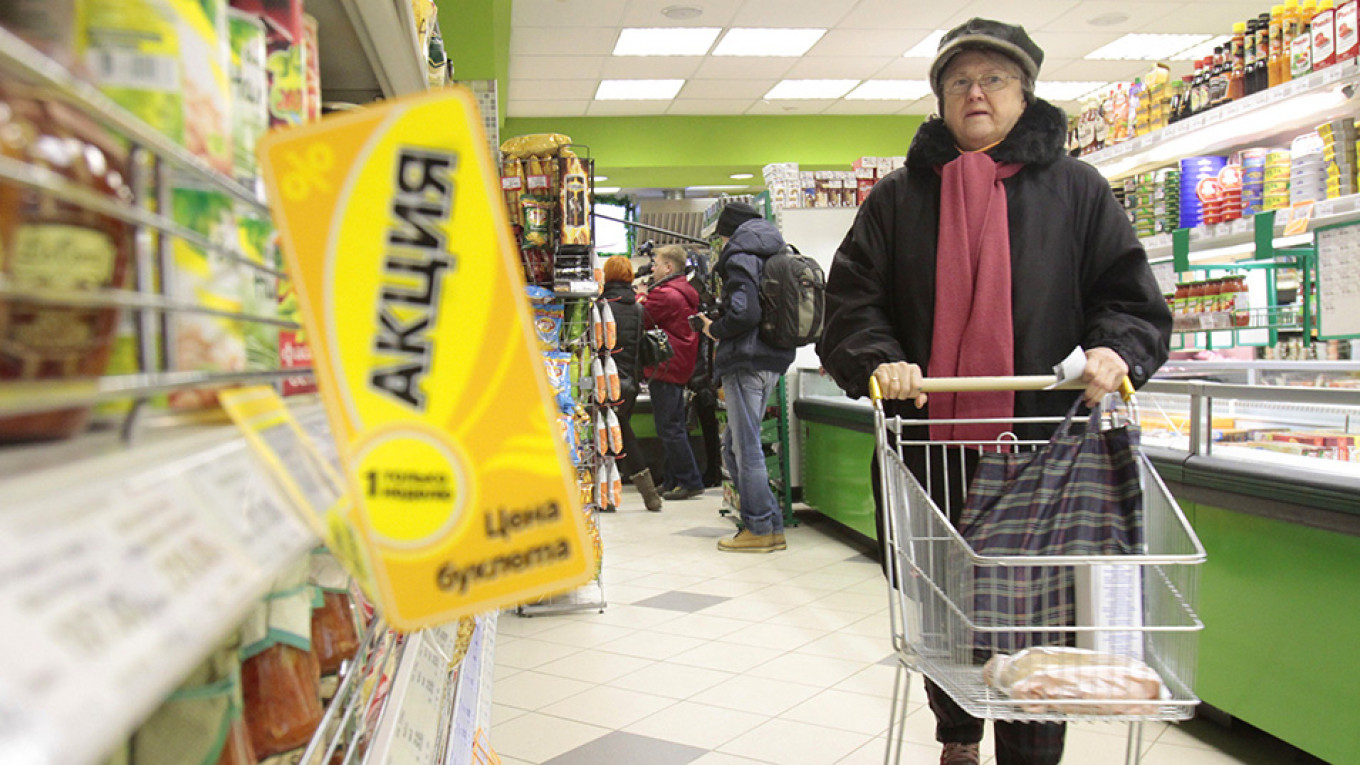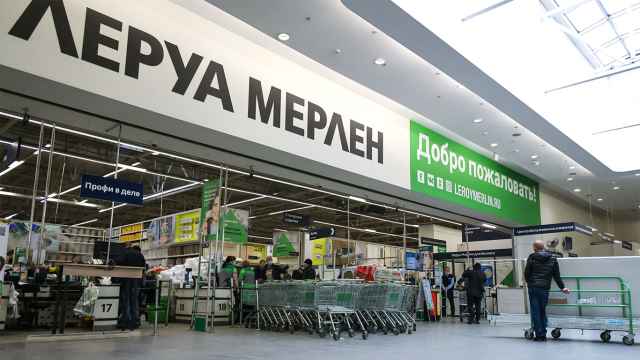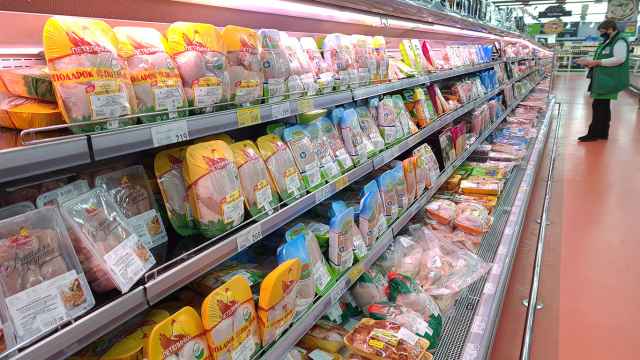Russia’s traditional retail industry is facing a do-or-die moment, as e-commerce flourishes and eats into the market share of more established players.
One of Russia’s largest retail companies — X5 Retail Group, which owns a number of supermarket chains — is itself turning to technology in an effort to stay ahead.
Relying on economies of scale to hone efficiency isn’t enough, X5’s head of strategy Vladimir Salakhutdinov, told bne IntelliNews. Russia’s largest retailer by revenue must maintain a relentless focus on innovation and adopting cutting-edge retail tech across every aspect of its business if it is going to remain Russia’s number one, Salakhutdinov says.
“Our goal is to make all of our decisions data-driven and to automate more of our processes,’’ said Salakhutdinov. “This approach can help us achieve greater efficiency in everything we do, from centralized monitoring of electricity usage at our stores to ensuring our produce shelves are properly stocked with fruits and vegetables or that queues at the checkout tills don’t get too long.’’
X5 uses data to pinpoint areas where the food retailer can become more efficient and sustainable. The company has already set up its own in-house tech team and has a global start-up scouting program to unearth new retail tech solutions, which are then adapted to X5’s business by the in-house team.
One of the most recent examples was a combination of video monitoring and artificial intelligence to watch produce sections and automatically inform store staff if a certain product runs low, or if an employee needs to tidy up the section.
“We are testing this technology to see whether it can tell if cucumbers are about to run out, or if apples and oranges have been mixed together,” says Salakhutdinov who says the technology should improve the in-store experience for the customer, while freeing up staff to take care of other tasks.
“We test innovations by piloting them in select stores and making the necessary adjustments before rolling them out across our entire network of over 15,700 stores,’’ Salakhutdinov said.
“As a publicly traded company, it’s important for us to be cost-conscious. We adopt innovations and roll them out across our stores only when it makes sense from a financial perspective.’’
X5’s new self-checkouts are another example of a recent innovation that have been introduced to its Pyaterochka supermarket stores across Moscow.
Self-checkouts are already used by many U.S. and European retailers, but X5 has built its own version. Its own tech team created both the hardware and the software that runs the checkouts to ensure they integrate with X5’s existing software, while keeping production costs down.
“We are a big chain, so we developed our own checkouts because it’s cheaper. In fact, it’s several times cheaper, which enables us to scale the technology across our stores,” Salakhutdinov said.
Other innovations are more radical. The company is currently experimenting with a new store concept similar to Amazon Go, which focuses on faster service and greater convenience. X5 has built a 20 square meter prototype store that is almost 100% automated called “Pyaterochka on the Go.” The concept store uses a combination of video technology, a mobile app and artificial intelligence to minimize the staff needed to run the store to the absolute minimum.
Salakhutdinov says that X5’s goal is not to remove the human element from stores completely, but to free up staff time to focus on helping customers on the shop floor, which X5 believes is becoming increasingly important to Russian consumers.
It’s an ongoing process and X5 has two so-called lab stores for both its Pyaterochka and Perekrestok brands, where new ideas are tested. These on-site offices enable X5 to try out new tech solutions in a real store environment and see how consumers respond to innovations before they are rolled out across one of the world’s largest food retail networks.
“Innovation is about trial and error,’’ Salakhutdinov said. “We are continuously testing new things to make sure we are prepared for the future.”
This article first appeared in bne IntelliNews.
A Message from The Moscow Times:
Dear readers,
We are facing unprecedented challenges. Russia's Prosecutor General's Office has designated The Moscow Times as an "undesirable" organization, criminalizing our work and putting our staff at risk of prosecution. This follows our earlier unjust labeling as a "foreign agent."
These actions are direct attempts to silence independent journalism in Russia. The authorities claim our work "discredits the decisions of the Russian leadership." We see things differently: we strive to provide accurate, unbiased reporting on Russia.
We, the journalists of The Moscow Times, refuse to be silenced. But to continue our work, we need your help.
Your support, no matter how small, makes a world of difference. If you can, please support us monthly starting from just $2. It's quick to set up, and every contribution makes a significant impact.
By supporting The Moscow Times, you're defending open, independent journalism in the face of repression. Thank you for standing with us.
Remind me later.






